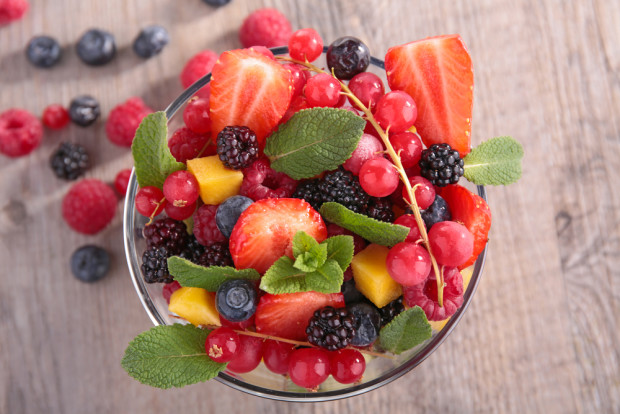- Messages
- 4,159
- Reaction score
- 1,831
- Points
- 113

The opinion on organic produce seems to swing wildly, from saving the planet to being completely worthless. One thing we can all agree on is that fewer industrial chemicals in your body the better.
In a perfect world, everything would be organic. Unfortunately, organic often translates into “expensive,” and eating a completely organic menu isn’t always an option for some people. Luckily, the Environmental Working Group, a leading environmental health research and advocacy organization, has updated its list that can help you get the biggest bang for your buck and the cleanest food for your funds. The Dirty Dozen are foods that tend to have the highest pesticide contamination and are thus worth the extra money to buy organic; The Clean 15 contain the lowest levels of contaminants, meaning that conventionally farmed version are most likely safe to eat.
The Dirty Dozen (buy organic)
1. Apples
2. Celery
3. Sweet bell peppers
4. Peaches
5. Strawberries
6. Nectarines
7. Grapes
8. Cherry tomatoes
9. Lettuce
10. Cucumbers
11. Snap peas
12. Potatoes
Lettuce and spinach had previously made this list, so it may be wise to buy organic versions of those as well.
The Clean 15 (buy organic or conventional)
1. Onions
2. Sweet corn
3. Pineapples
4. Avocado
5. Cabbage
6. Sweet peas
7. Asparagus
8. Mangoes
9. Eggplant
10. Kiwi
11. Cantaloupe
12. Sweet potatoes
13. Grapefruit
14. Cauliflower
15. Papaya
Mushrooms and watermelon were formerly on this list, so it’s most likely okay to buy conventional versions of those.

